Assessment
At Marine Academy Primary we use a range of different forms of assessment. These are outlined briefly below and give you an overview about how we assess.
Formative Assessment
Formative assessment is the most important method of assessment that takes place at Marine Academy. While it is called ‘Formative Assessment’, this method of assessment does not include formal testing. Instead, it is about how your child’s class teacher assesses your child through their daily interactions to find out how well they understand their learning. Formative Assessment is well established throughout the Academy and the use of questioning, observation and marking will continue to be key parts of formative assessment. Teachers find out this valuable information through different means. For example, teachers will ask a range of different questions in a lesson and judging by a child’s response the teacher will assess if the child needs more support in understanding the learning, needs to be further challenged or are at the right point in their learning. Using this information, teachers will be able to re-direct their lessons immediately to meet the needs of the learners in their class at that moment.
Teachers provide pupils with concise feedback that will always move and deepen the child’s learning; we believe that this is a very important and active part of the learning process and should happen immediately or as close to the event as possible.
Ongoing Assessments
All of our other subjects are assessed continuously throughout the year using approaches such as No More Marking and assessing children’s independent learning against statements on Target Tracker. In all subjects we have outlined what we feel are the qualities that make a good learner in each subject and these are continuously assessed. For example, in writing we have a selection of different qualities of what makes a good writer and these are continuously assessed as the children encounter different genres of writing.
Early Years
In the Early Years Foundation Stage (EYFS) a profile is kept on your child’s progress. This is a report of your child’s development and achievement at the end of their Reception year.
The EYFS Profile is broken down into seven areas of learning:
Communication and language
Physical development
Personal, social and emotional development (PSE)
Literacy
Mathematics
Understanding the world
Expressive arts and design
Assessment is ongoing throughout the EYFS but the official EYFS Profile for each child is completed in the final term of Reception. The assessment takes place through teacher observation of children’s learning and development as they take part in everyday activities and planned observations where teachers spend time on a specific task with an individual child or small group.
There are two separate achievement levels within the EYFS Profile (a document which outlines expected progress for different age ranges in the Early Years):
Expected: your child is working at the level expected for his age
Emerging: your child is working below the expected level
Tapestry - Online Learning Journey
Each child in Reception has a personalised Learning Journey which enables us to build up a record of each child’s learning and achievements during their time with us. This is recorded on an online system called Tapestry. it enables staff to take photographs, videos and make written observations of the learning your child does at school.
Statutory Assessments
At different points in primary school, children are required to sit statutory assessments, which are outlined below.
Reception Baseline Assessment
At the beginning of your child’s Reception year, they will sit a short, interactive and practical assessment of your child’s early literacy, communication, language and mathematics skills when they begin school, using materials that most children of your child’s age will be familiar with. It became statutory for all schools from September 2021. Your child cannot ‘pass’ or ‘fail’ the assessment. Its main purpose is to create a starting point to measure the progress schools make with their pupils. When your child reaches year 6, the end of key stage 2, you will be able to see how well your child’s school has supported the year group in their time at primary school, compared to other schools nationally.
Year 1 Phonics Screening
Towards the end of Year 1, children will conduct a simple test with their class teacher to determine if they have met a set threshold in their phonetic knowledge. The children are required to read 40 words to their teacher who will assess how well this is done. Check marks are communicated with parents in their child’s Annual Report.
End of Key Stage 2 Assessments
Towards the end of Year 6, pupils will sit an English Punctuation, Grammar and Spelling test, Reading test and Mathematics test (commonly referred to as ‘SATs’). These tests are set and marked externally. An attainment level is reported to parents.
Involving Pupils and Parents
Pupils are continuously involved in their learning. We encourage pupils to reflect daily about their learning and we also include pupils in self-assessing their own learning.
We do not share grades with pupils as we do not believe this helps their learning. We do, however, ensure children know what they need to do next to improve their learning. Progress information will be shared with parents at Children’s Progress Meetings.
Teachers meet formally with Parents three times a year, where assessment information is discussed and shared. Parents also receive a detailed Annual Report. However, we always operate an open door policy and parents are more than welcome to have an informal chat with teachers during Early Morning Learning (8:30am-8:55am) each day.
To access Marine Academy Primary's DfE Performance Data on the www.compare-school-performance.service.gov.uk website, please visit: https://www.compare-school-performance.service.gov.uk/school/139604/marine-academy-primary/primary




